On my first day of nutrition consultant classes at Bauman College, as we were going around and introducing ourselves, one of my classmates had mentioned that Diane Sanfilippo had attended Bauman College and 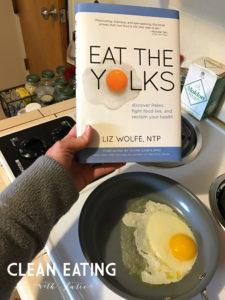 wrote the forward to the book Eat the Yolks
wrote the forward to the book Eat the Yolks. I was still a bit of a newbie in the Paleo/ Nutrition world, at least when it came to “celebrities”, so I hadn’t heard of the book yet, but I added it to my ever growing “to read” list on Goodreads. At some point, I was able to find enough time to read Eat the Yolks by Liz Wolfe, and boy was I glad that I did!
First, Liz is funny! No seriously funny! She has a section titled, “Let’s talk about fat, baby!”. I mean talk about a girl after my own heart. How wouldn’t I love a book with references to 90’s R&B culture!?!? Liz does an amazing job of breaking down the complicated science of nutrition into easy to understand chunks and incorporating humor into it all the while.
She goes over the three macronutrients in DETAIL, dedicating a chapter to each. In the chapter on fat (and therefore cholesterol), she states, “This is me beating a dead horse: Lower cholesterol doesn’t prevent heart disease, because cholesterol doesn’t cause heart disease (Wolfe, 2013, p. 59)”. Wolfe debunks the myth that animal proteins are bad for us in the chapter on protein. She refutes The China Study, that is often used to argue against the consumption of animal foods.
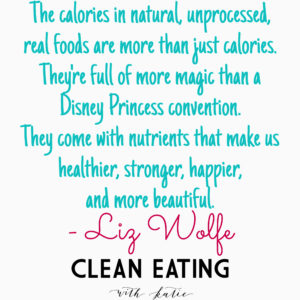 Then, Wolfe details important nutrients that we can only get from animals. If you’re a vegan, she gets it. I get it. But the science of why we need animals in our diets for optimal nutrition is clear. She goes on to illustrate many of the lies of the nutrition industrial complex. Wolfe teaches that Vitamin A can only be obtained from animals. I know, you’re thinking, wait what?? Hello, um, carrots?? The thing is that plants contain beta-carotene, which is a precursor to vitamin A. As Wolfe explains, “…it can, in some circumstances, through a series of chemical conversions within the human body, be converted into true vitamin A (Wolfe, 2013, p.202)”. There are many more mind-blowing gems like this one throughout this book.
Then, Wolfe details important nutrients that we can only get from animals. If you’re a vegan, she gets it. I get it. But the science of why we need animals in our diets for optimal nutrition is clear. She goes on to illustrate many of the lies of the nutrition industrial complex. Wolfe teaches that Vitamin A can only be obtained from animals. I know, you’re thinking, wait what?? Hello, um, carrots?? The thing is that plants contain beta-carotene, which is a precursor to vitamin A. As Wolfe explains, “…it can, in some circumstances, through a series of chemical conversions within the human body, be converted into true vitamin A (Wolfe, 2013, p.202)”. There are many more mind-blowing gems like this one throughout this book.
Needless to say, I HIGHLY recommend this book. It’s actually one of the the few books that I recommend to nearly all my private nutrition clients. It’s just THA T GOOD. Oh and it’s on Audible. 😉
T GOOD. Oh and it’s on Audible. 😉
Want to see what else I’m reading and loving (or not loving)?? Let’s connect on Goodreads!
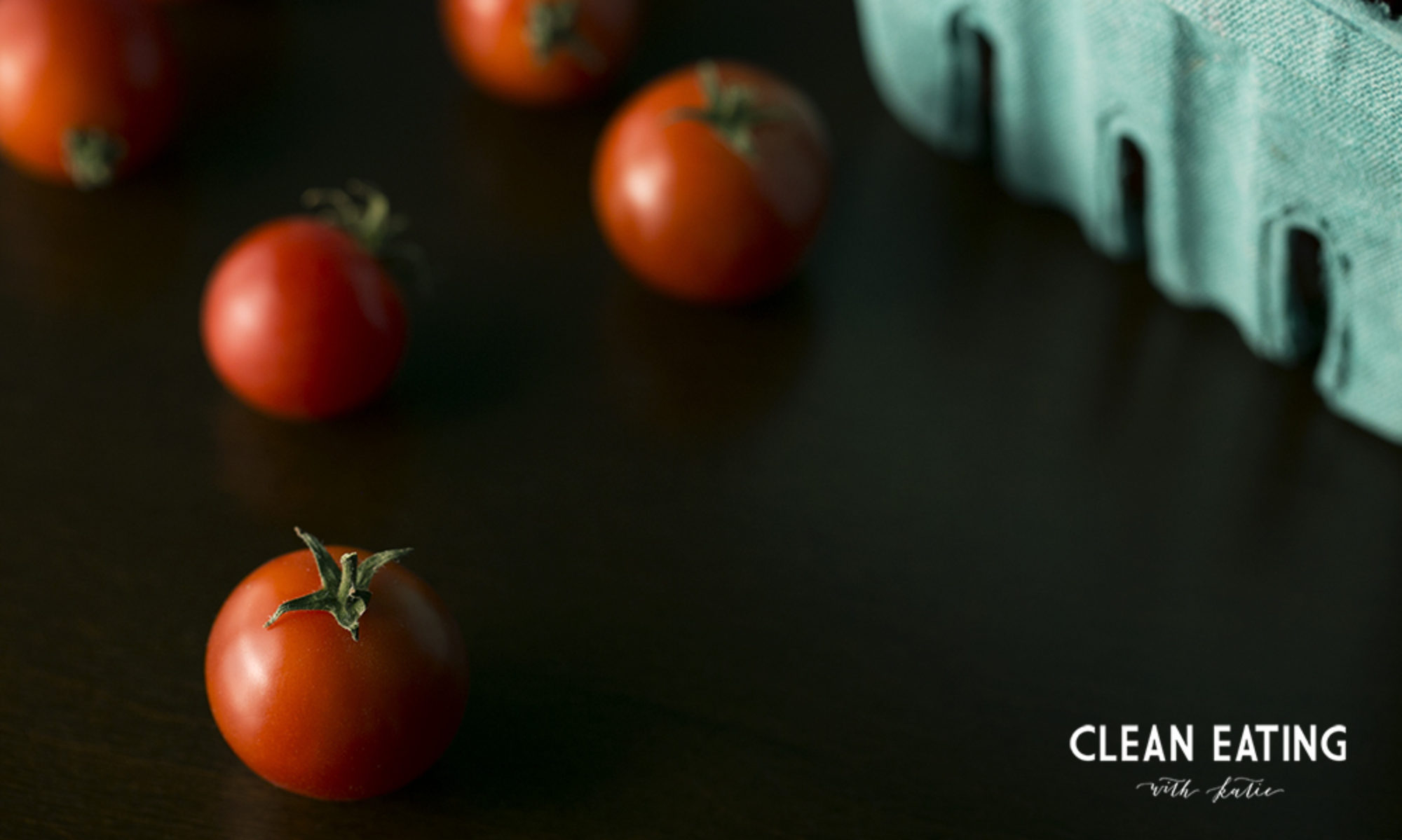
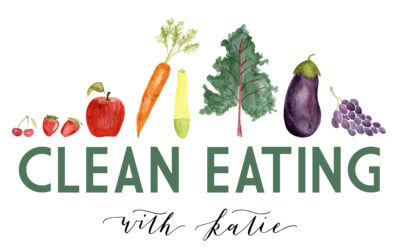
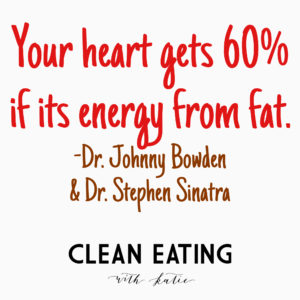 This peaked my interest and so when it was time to do research on a topic relating to heart health, I read the book. Several months after reading the book, I went to the
This peaked my interest and so when it was time to do research on a topic relating to heart health, I read the book. Several months after reading the book, I went to the 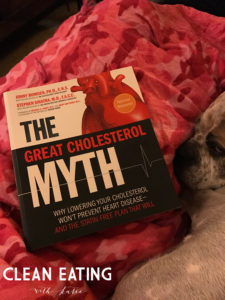
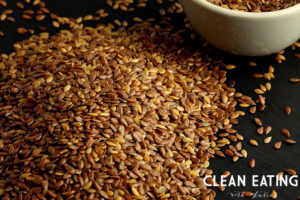 Food Facts:
Food Facts:
